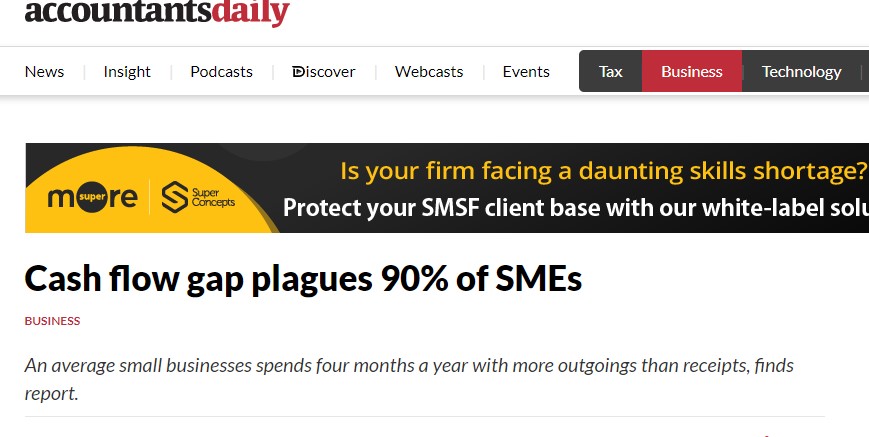Questions 2024 tax planning from our clients
Here are some of the hot 2024 tax planning questions we have received this year about tax and 2024 tax planning. Please let us know if we can help you in any way.
What are the changes in Australian tax rates for the year 2024?
In 2024, the Australian Government will implement legislated tax cuts to ease the cost of living for taxpayers. Starting from July 1, 2024, these cuts will lower the 19% tax rate to 16% and the 32.5% tax rate to 30%, affecting all 13.6 million Australian taxpayers.
What are the key strategies for effective tax minimization?
Effective tax planning involves understanding and meeting compliance requirements while employing strategies to reduce tax liabilities. Geoff can advise individual taxpayers and businesses in various structures, such as sole traders, partnerships, trusts, and small companies, on operating efficiently for tax purposes. Choosing the right structure , tax planning it all helps in wealth creation.
Are Australian retirees required to pay capital gains tax?
Yes, retirees in Australia must pay capital gains tax (CGT). There is no exemption based on age that frees seniors from the obligation to pay CGT. The Australian Taxation Office (ATO) considers capital gains as part of an individual’s total taxable income, regardless of their age. Note that no contributions can be utilised without meeting the tests post-age 65.
How can high-income earners in Australia reduce their taxes?
High-income earners in Australia can employ several strategies to lower their annual tax bills. These include making contributions to superannuation, using trusts, engaging in debt recycling, claiming franking credits, utilizing negative gearing, and accounting for depreciation. Additionally, participating in employee share schemes can be an effective form of remuneration that may offer tax advantages.
When does the end of Temporary Reductions and Event-Based Reporting?
The temporary reduction in superannuation minimum drawdown rates is concluding, and SMSFs must now adhere to event-based reporting requirements.
What is the Contribution Cap 2024?
The concessional contribution cap is set at $27,500 for the fiscal year, while the non-concessional cap stands at $110,000. These are going to increase to $30,000 concessional in 2025. Looks at brought forward provisions may apply if you have less than $500k in super in the year you are considering contributing.















